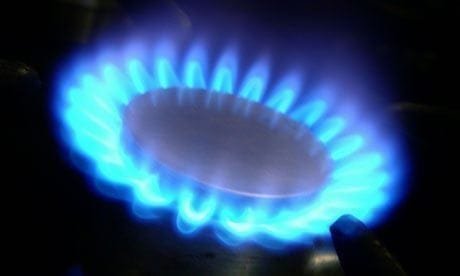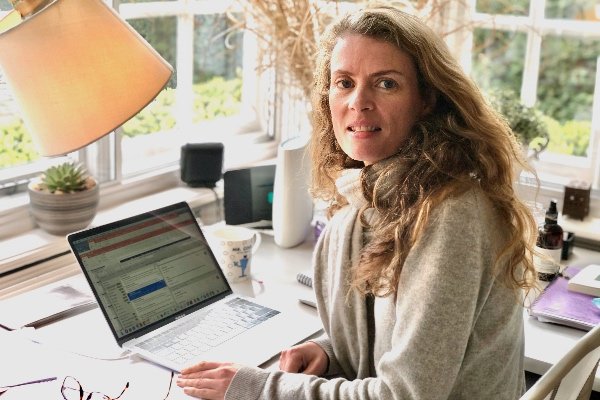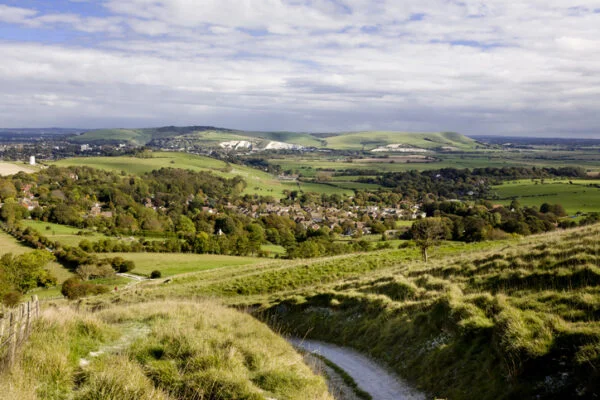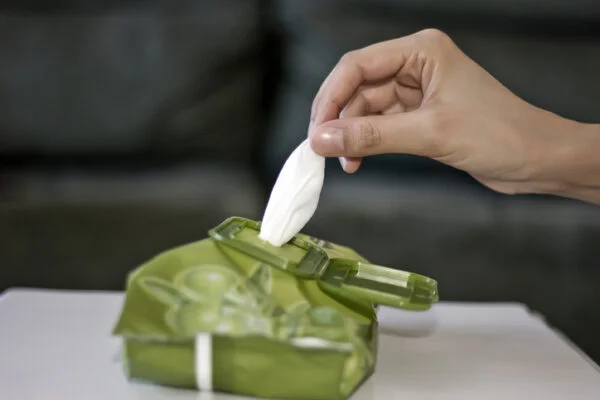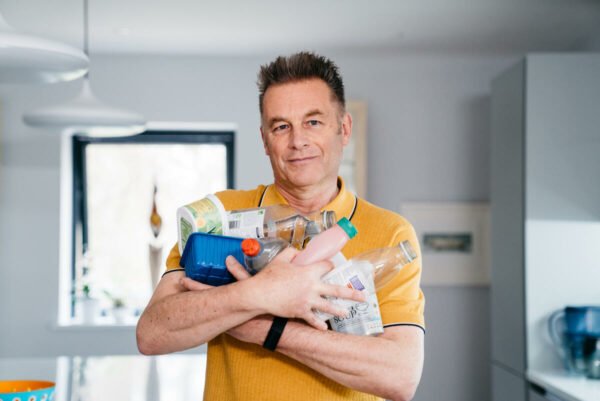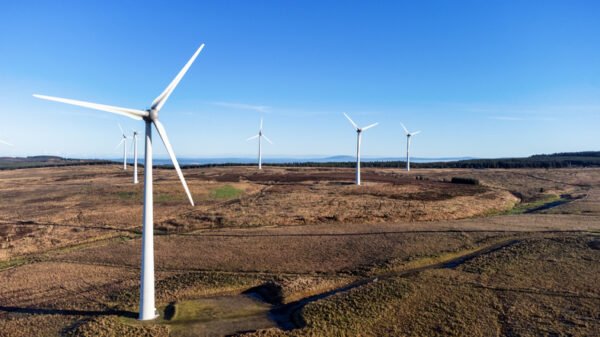After developing gas fired heating systems at British Gas, Andrew Sheldon, founder of Ice Energy, became aware of the importance of energy and the effect it has on people’s lives. ‘As Britain’s gas resources decreased’, he tells PQ, ‘it became obvious to me that, at some point in the future, we would need an alternative solution.’
Sheldon came across heat pumps while investigating how other countries around the world were dealing with their heating demands in the context of rising energy bills, climate change and the necessity of carbon reduction.
Heat pump technology had a proven track record in terms of long-lasting benefits, and the low long-term costs meant that, for Sheldon, this was the technology to back. In tandem with additional renewable options such as solar PV, it presented a realistic opportunity to achieve zero carbon homes. ‘I was convinced that ground source heating was the long-term solution to the UK’s inevitable heating problem’, he says. ‘I founded Ice Energy in 2000 with a view to getting government support to change the way in which the UK heats its homes.’
Sweden is a leading example of a country that has embraced and implemented heat pumps as an alternative to gas and oil; over 90% of its homes are built with a heat pump heating system as standard. However, despite the fact that the steady state heat loss principles of heat pumps can reduce the total peak heat demand of the nation’s homes, getting mainstream support for a technology that isn’t widely understood or accepted in the UK hasn’t been easy. Architects needed to be brought on board, installers had to be trained, the public had to be made aware of the benefits and the government had to be lobbied for grants and funding schemes.
‘The biggest issues for the heat pump industry are rooted in knowledge and perception’, Sheldon explains. ‘Although the number of people installing heat pumps in their homes is on the rise, there is still a large knowledge gap. Many people are under the misapprehension that they don’t work with radiators and can’t provide enough hot water, or even that they don’t work at all! But nothing could be further from the truth.’
How do they work?
Ground source heat pumps use a series of pipes, known as a ground loop, to extract solar energy that has been stored beneath the ground. The pipes, which contain a mixture of water and glycol (a type of antifreeze), are buried roughly a metre beneath the ground, where the temperature is a fairly constant 10-13°C. The liquid in the pipes is warmed by the surrounding soil before passing through the heat pump, where it is heated to the point at which it can be distributed through radiators or underfloor heating. Air source heat pumps work the same way, but sit outside a building and extract heat from the air rather than the ground. In both cases, heat pumps provide a total heating and hot water solution for a property.
Ground source heat pumps are extremely efficient and available to around 90% of the UK’s domestic premises; they are installed via boreholes and so only require a very small footprint of land. Ground source heat pumps can achieve an average Co-efficient of Performance (COP) of 4:1, which means that, for every kilowatt of electricity used to power them, you can produce 4 kilowatts of heat. Air source heat pumps are cheaper to install as they don’t require ground loops; while they’re still extremely efficient (with an average COP of 3:1), the trade-off is that air source heat pumps are slightly less efficient than the ground source units. That said, in either case, you are still looking at significantly better efficiency rates than traditional heating systems.
Switching a building’s thermal energy source from oil to heat pumps could slash 60% off your energy costs. ‘We have examples of customers saving £1,500 a year after switching from previous oil systems’, Sheldon explains. Figures from the Department for Energy & Climate Change (DECC) estimate that, by 2020, there will be 575,000 heat pumps installed within the UK. ‘Assuming a saving of four tonnes per annum in carbon,’ Sheldon says, ‘you are looking at annual savings of approximately 2.3 million tonnes.’
 Play Video about This Rock Might Just Save The World
Play Video about This Rock Might Just Save The World Play Video about Play 2 hours of rock
Play Video about Play 2 hours of rock Play Video about Play 2 hours of brook
Play Video about Play 2 hours of brook Play Video about Play 2 hours of sheep
Play Video about Play 2 hours of sheep

















